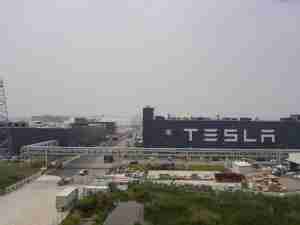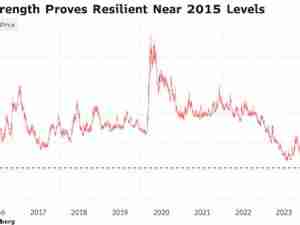Standard Chartered Plc, one of the biggest financiers of global trade, isn’t losing sleep over an increasingly fractious relationship between the world’s two largest economies.
Standard Chartered is well-positioned to deal with the fallout of a lasting dispute between the two nations, the bank said as it reported first-half profit that beat analysts’ estimates. Despite the escalation of U.S. President Donald Trump’s protectionist rhetoric with China, executives even hinted at a silver lining for Standard Chartered.
“Our direct exposure to the risks of U.S.-China trade tensions is limited,” Chairman Jose Vinals said in the bank’s latest earnings statement on Tuesday. “We generate far more income financing commerce between China and other markets in our footprint—meaning we stand to benefit over time if that were to increase—than we do on trade between China and the U.S.”
The remarks may help ease investor concerns that Trump’s posturing would wreak havoc on all banks who fund the global movement of goods. Standard Chartered Chief Executive Officer Bill Winters last year played down the risk of a full-blown escalation but said the firm was “war-gaming” potential disruptions anyway. Tensions between China and the U.S. have ratcheted up in the past two months.
Standard Chartered did, however, concede that margin compression is taking a toll on trade financing, with underlying operating income from trade falling slightly in the first half, to $589 million. It generated about 40 percent of its revenue from the so-called Greater China and North Asia region in the first half of the year. The firm is one of the world’s biggest trade-finance banks, data from Coalition Development Ltd. show.
The bank also said it was confident that it would meet its 8 percent target for return on equity in the medium term—a goal viewed as critical for Winters’s turnaround efforts.
To hit that target, Standard Chartered needs to boost its full-year revenue to about $17 billion, Deutsche Bank AG analyst David Lock wrote July 9.
Winters, a former JPMorgan Chase & Co. executive, has spent three years since taking the Standard Chartered job helping the lender recover from emerging-market loan losses and cracking down on a lax compliance culture, and has claimed his efforts are gathering momentum.








